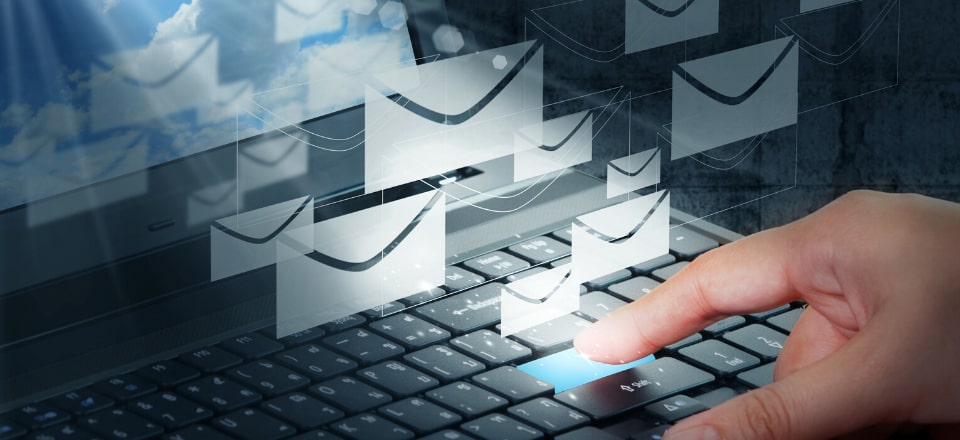Whatever you think of email, as an independent consultant you will use it a lot, because your clients will use it a lot. The problem with this is that your emails will always be vying with hundreds of others for the attention of your recipient.
To make matters worse, what constitutes a perfectly understandable, clearly written email to one person may be all but incomprehensible to another.
So in this post, I thought I’d share some email standards that every independent consultant should adhere to.
A Standard Approach to Productivity-friendly Email
However many thousands of emails you write, a few simple standards can ensure that every one of them…
- Grabs the recipient’s attention
- Is easy to understand at a glance
- Encourages readers to perform the required actions, or respond as appropriate
An independent consultant must communicate clearly and if possible, briefly, since time is money both for consultant and client. The following three email standards will help you ensure your messages are clear, concise, and persuasive, and don’t get in the way of recipients’ productivity.
Email Standard #1: Avoid the Stream of Consciousness
While some people write emails with all the formal frills of a handwritten letter, most of us—independent consultants included—have the tendency to spill out whatever is in our minds in a “stream of consciousness” writing style.
More often than not, the result is a vague message which has recipients responding with requests for more information—if they bother to respond at all.
That’s why the first standard of email-writing for independent consultants is to switch off the stream of consciousness before commencing. An independent consultant’s email should not ramble, but at the same time should not be so brief as to make the reader guess at the point/s being made.
Email Standard #2: The Beauty of Brevity
An independent consultant should know how to write emails that are brief while providing all the information needed for recipients to act or respond. The best way to do this is to apply the following guidelines:
- Try to write the entire message in just five lines.
- If you can’t get the entire message across in five lines, break the text into short paragraphs.
- Numbered points or bullets work well for providing full information without sacrificing brevity.
- Stick to one subject per email. If you have to communicate a number of unrelated points, write separate emails for each point
Email Standard #3: Clarity is Critical
As convenient as it may be, email is not always appropriate for business communication. If you find it difficult to explain your message clearly in an email, give up and use the phone or better still, face-to-face communication.
When you must use email or it really makes sense to do so, proof-read every message meticulously before sending it. As an independent consultant your professional image matters, so don’t ever write emails containing spelling or grammatical errors.
Make sure you put yourself in the recipient’s shoes when proof-reading too, and ask yourself if your message is too verbose or vague. If it is, you’ll need to edit for clarity, or else switch to verbal rather than written communication.
Productivity-friendly Email: A Best Practice in Consulting?

For the benefit of busy clients, every independent consultant should master the productivity-friendly email. It might not be a highly publicised consulting best practice yet, but in my opinion, it ought to be.
Consulting engagements demand constant communication, and love it or loathe it; email is often the favoured medium. The standards set out in this post will help you email like an independent consultant should—briefly, clearly, and in a way that doesn’t fetter productivity for you or your clients.
Best Regards,
Rob O’Byrne
Email or +61 417 417 307

